Search
Search Results

Article
Poor Man of Nippur
The Poor Man of Nippur (c. 701 BCE) is a Babylonian poem on the themes of the obligations of hospitality and revenge for an undeserved injury. A poor man of the city of Nippur feels mistreated when he visits the mayor and then goes to great...
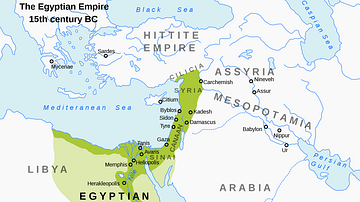
Definition
Egyptian Empire
The Egyptian Empire rose during the period of the New Kingdom (c. 1570- c. 1069 BCE), when the country reached its height of wealth, international prestige, and military might. The empire stretched from modern-day Syria in the north to modern-day...
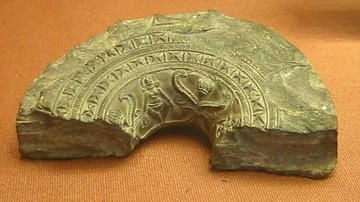
Definition
Arthashastra
The Arthashastra is an Indian treatise on politics, economics, military strategy, the function of the state, and social organization attributed to the philosopher and Prime Minister Kautilya (also known as Chanakya, Vishnugupta, l. c. 350-275...
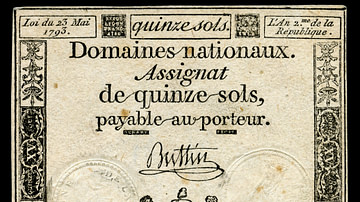
Definition
Assignat
The assignat was a paper bill issued by France between 1789 and 1796, during the French Revolution (1789-1799). First issued in the form of bonds, the assignat was meant to stimulate France's economy as a quick means to pay off national debt...
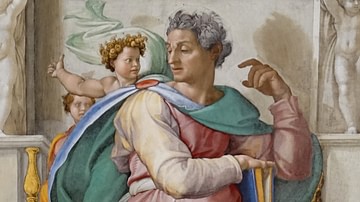
Definition
Isaiah
Isaiah was one of the major prophets of ancient Israel. Isaiah is Hebrew for "God is salvation." Isaiah is one of the longest prophetic books (66 chapters). Originating in the 8th century BCE, it was updated at least twice, in the 7th and...
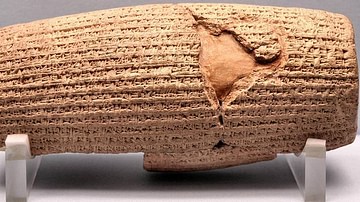
Article
The Cyrus Cylinder
The Cyrus Cylinder is a document issued by Cyrus the Great, consisting of a cylinder of clay inscribed in Akkadian cuneiform script. The cylinder was created in 539 BCE, surely by order of Cyrus the Great, when he took Babylon from Nabonidus...
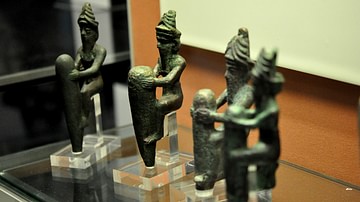
Article
Ancient Mesopotamian Beliefs in the Afterlife
Unlike the rich corpus of ancient Egyptian funerary texts, no such “guidebooks” from Mesopotamia detail the afterlife and the soul's fate after death. Instead, ancient Mesopotamian views of the afterlife must be pieced together from a variety...
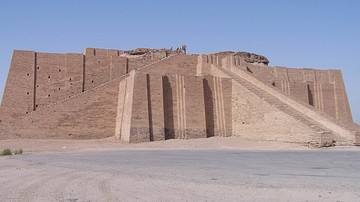
Article
Ten Ancient Mesopotamia Facts You Need to Know
Mesopotamia is the ancient Greek name (meaning “the land between two rivers”, the Tigris and Euphrates) for the region corresponding to modern-day Iraq and parts of Iran, Syria, and Turkey. It is considered the “cradle of civilization” for...
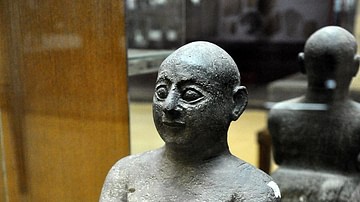
Article
Scribes in Ancient Mesopotamia
Scribes in ancient Mesopotamia were highly educated individuals trained in writing and reading on diverse subjects. Initially, their purpose was in recording financial transactions through trade, but in time, they were integral to every aspect...

Teaching Bundle
Ancient Rome Teaching Resource Bundle
This Ancient Rome Teaching Resource Bundle is a collection of teaching resources that can be downloaded for free – no registration required. Our teaching resources and lesson plans are adapted to students' different levels of ability...